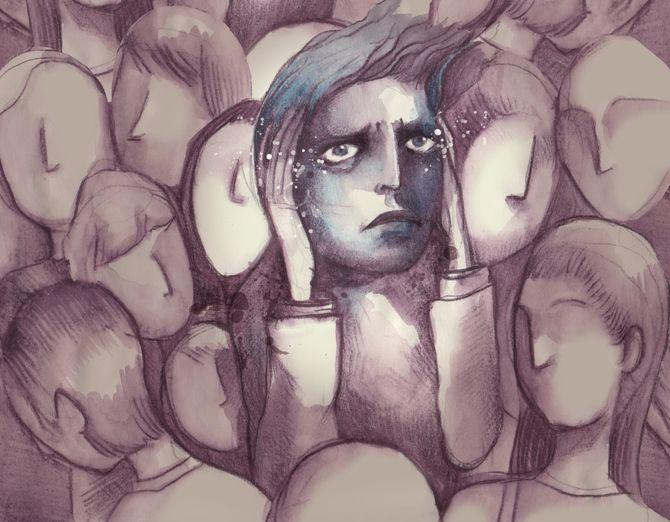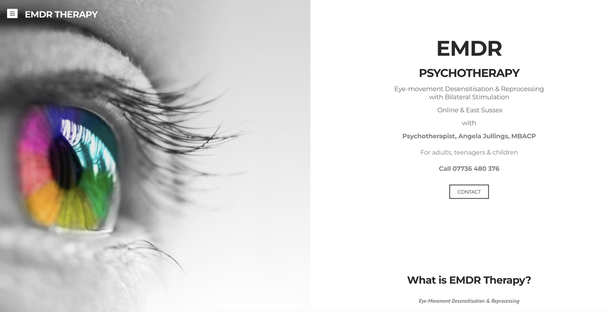Trauma & PTSD
|
What is PTSD?
PTSD, post-traumatic stress disorder, is classed as an anxiety disorder and can begin after witnessing or experiencing trauma. Trauma can be experienced as a life-threatening event and sometimes literally is, such as experiencing a terrorist attack or an accident. During trauma one may feel that we have no control over what is happening. After a traumatic experience you may feel confused, terrified or angry. Over a period of time, if this continues or increases, PTSD may be diagnosed. Symptoms of PTSD may hinder your daily life and relationships. It's not known why some people who witness or experience such an event may develop PTSD and others not. PTSD has been known to change the body's response to stress. How does PTSD develop? It is important to be aware that people who have had traumatic experiences don't necessarily develop PTSD. However, those with PTSD have all lived through a traumatic event where they've seen or experienced disturbing things and felt helpless and scared. Such strong and overwhelming emotional responses to the traumatic experience create changes in the brain and the body and the way it handles stress. |
|
Although most people who survive a traumatic experience will have some PTSD symptoms to begin with, not everyone develops PTSD. It's not known why this is the case. The likelihood of someone developing PTSD through trauma depends on a variety of factors:
Do children develop PTSD? Yes, children too can suffer from PTSD. Symptoms for children suffering with PTSD may include sleeping difficulties, nightmares, night terrors, issues with toilet training, aggression, feeling upset if their parents aren't in close proximity, physical problems, anxiety issues and phobias (even though these might not be about the traumatic experience). What are the symptoms in adults? Symptoms may not appear for weeks, months or years, although their onset is usually fairly soon after the trauma. These symptoms may increase and decrease in intensity and duration over a period. A guideline for whether you might be experiencing PTSD or not - if these symptoms last longer than one month and interfere with everyday life, then you may be suffering from PTSD. |
Symptoms of PTSD vary and may include:
How can Angela help? As an experienced psychotherapist, Angela also uses EMDR (eye-movement desensitisation and reprocessing) within a therapeutic framework to treat those suffering from PTSD. She has worked with many people suffering from the affects of trauma, including those who've experienced childhood abuse, domestic abuse, combat and accidents. You can be assured of an empathetic and safe space for you to work through PTSD issues whilst with Angela. For more information or to book an appointment, call her on 07736 480 376 or you can message her. |




